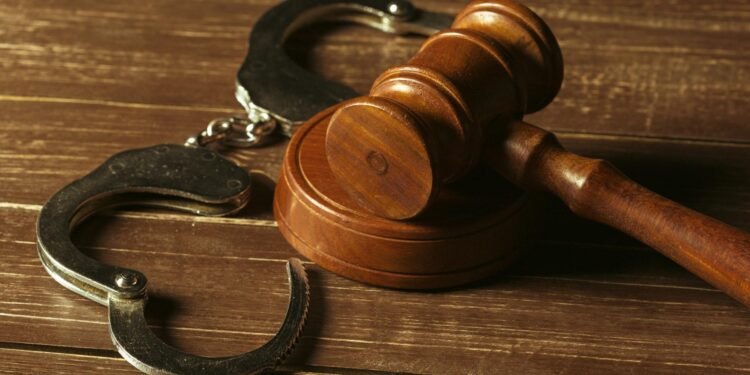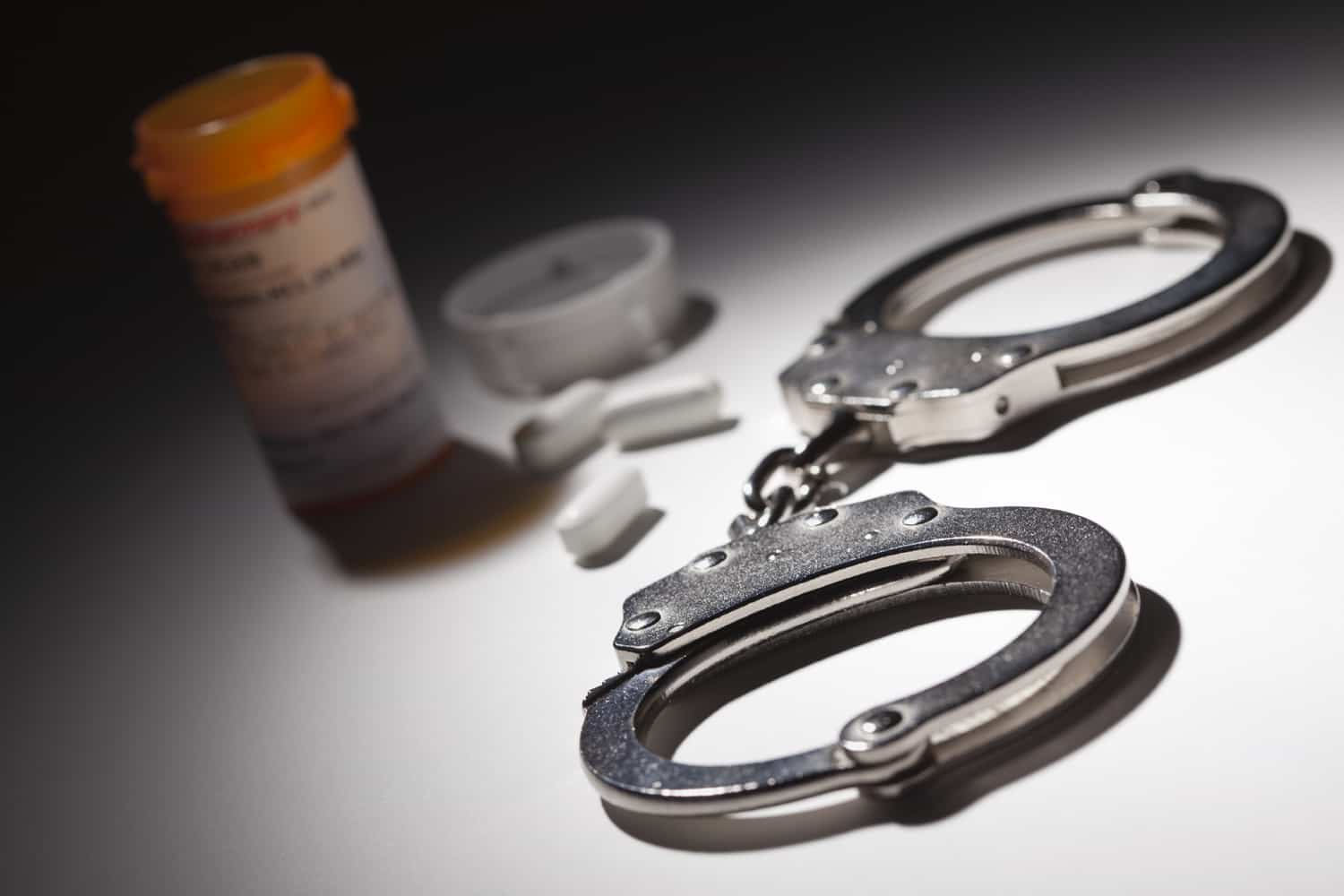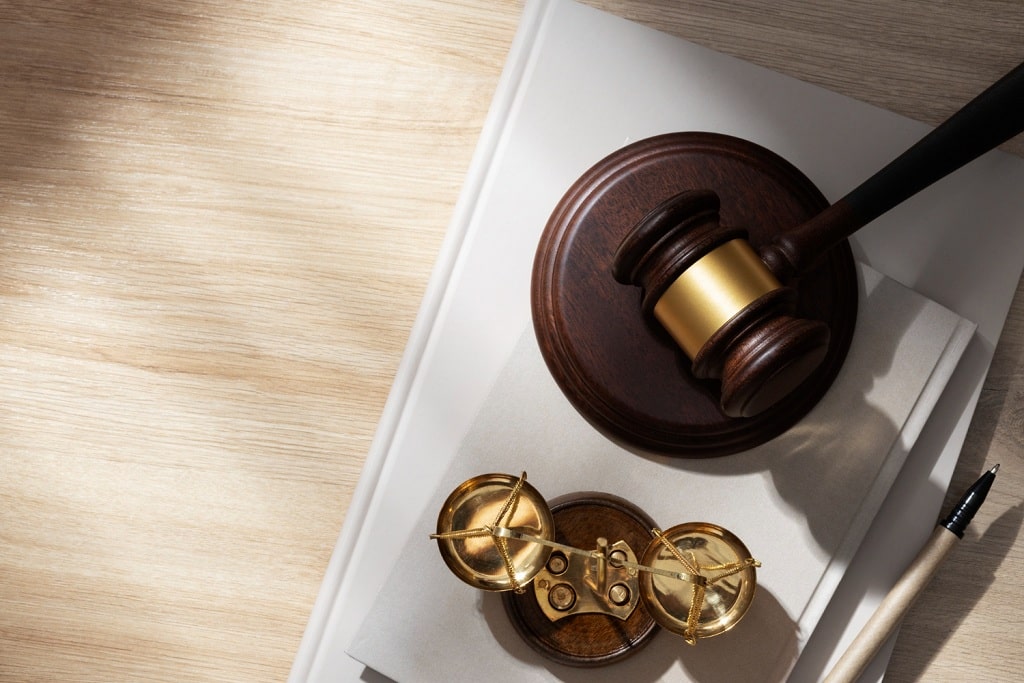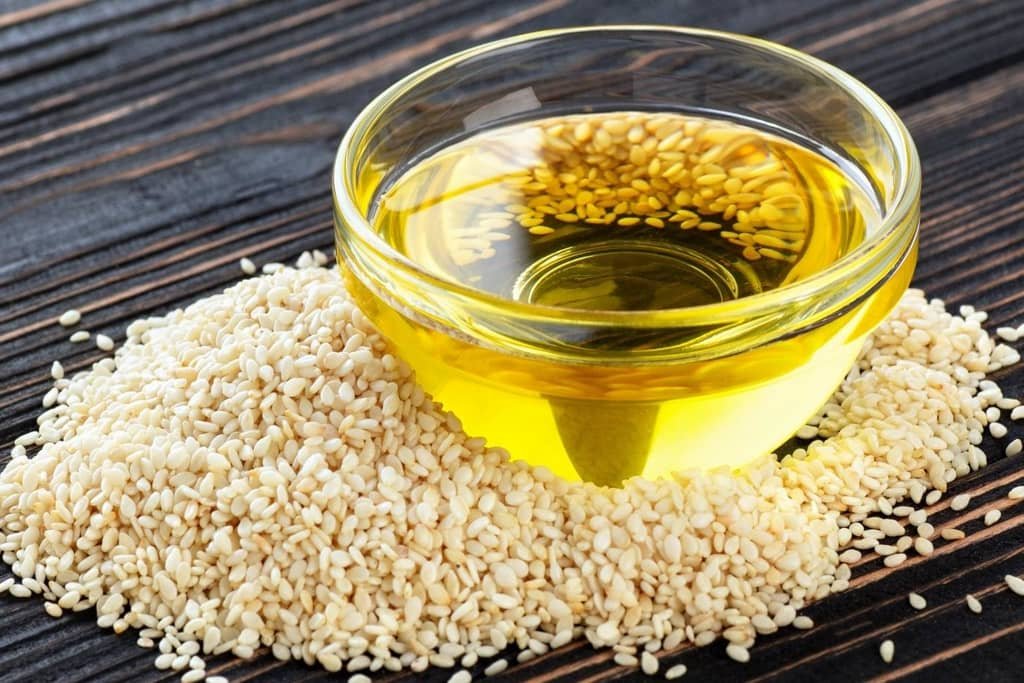Florida probation traps: understand the intricacies of the law, the ramifications, and professional guidance on how to deal with infractions and protect your rights.
Probation is offered as an alternative to imprisonment. Defendants are allowed to remain outside of prison or jail if they agree to abide by specific conditions and terms laid out by the court.
A probation violation occurs when the conditions of your probation have not been met. The consequences of violating your probation can vary depending on the state in which you live, the severity of the offense, and the discretion of the judge.
In this article, I will outline the various penalties that can come from violating your probation in the state of Florida.

Depending on the seriousness of the underlying offense, the terms, conditions, and length of your probation can differ. If you have violated your probation in a willful and substantive manner, the court can decide to revoke your probation.
They may choose to reinstate your probation with new terms and conditions, but they can also force you to serve the maximum sentence for the crime(s) for which you were initially charged or convicted.
Given that probation is an act of kindness, it is likely that the judge will choose to have you incarcerated for not complying with the terms set forth.
It is possible that your probation officer will simply issue a warning for a minor probation violation. While this may be your preferred outcome, there is no guarantee that it will happen. They can also choose to make you appear in court, which can have serious legal implications for you.
Choosing how to handle minor violations is largely at the discretion of your probation officer, which is why it would be wise to avoid any and all violations if possible.
The judge can have the duration of your probation extended as a result of your violations. While probation is a privilege and far better than incarceration, it is not easy to abide by the prescribed terms and conditions.
To avoid needless complications, it is important to be aware of these conditions. A substantive violation takes place when you commit another criminal offense. As a result of a substantive violation, you can be punished for the new and previous offenses.
Technical violations consist of non-criminal offenses, such as not checking in with your parole officer, not completing an assigned treatment program, not being home by a curfew, failing to obtain employment, or the consumption of inebriants.
These will not necessarily result in new criminal charges, but they can ultimately lead to your probation being revoked.
During violation of probation hearings, the court does not begin with the presumption of your innocence. Because you have already been convicted of a crime, the standards of evidence necessary for proving guilt are relatively low.
In criminal trials, the prosecution has to prove your guilt beyond a reasonable doubt; in probation violation cases, the prosecution must only prove that you violated your probation based on the preponderance of the evidence.
This means that the court only has to determine that it is more likely that you committed the infraction than not. Hearsay and illegal searches, which would be considered inadmissible in criminal trials, can be used to prove that you violated the terms of your probation.
If you are going through probation violation hearings, you should contact a criminal defense attorney in Tampa. Violating your probation can come with major penalties, especially if you do not have a knowledgeable defense attorney fighting for you.
William Hanlon, a criminal lawyer in Tampa, has spent decades defending clients just like you, and he will work to help you navigate the often perplexing criminal justice system.
Criminal Defense Attorney in Tampa, Florida | The Hanlon Law Firm
Will Hanlon has been practicing law for more than twenty years, during which time he has been a defense counsel for clients who have been accused of committing a wide range of felonies in both the state of Florida and the federal court system.
For the reason that he has such a comprehensive understanding of the law, he is a specialist when it comes to representing clients in court.
In the moment that Hanlon Law takes on a case, we immediately dive headfirst into the process of locating solutions that will ensure the future of our clients.
Will Hanlon, a criminal defense attorney based in the Tampa region, knows firsthand the terror that comes with criminal accusations and the far-reaching effects that a conviction can have, even beyond the actual punishment.
A person’s criminal record can follow them long after they have completed their sentence, which can have a negative influence on their ability to obtain employment, obtain a degree, or even exercise rights such as the right to carry a firearm.
In the event that you are in need of legal counsel for a case involving a sexual offense, charges related to drugs, theft, white-collar crimes, domestic violence, or any other form of violent crime, our office is ready to defend you to the greatest extent feasible.



















